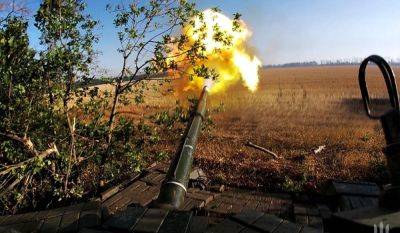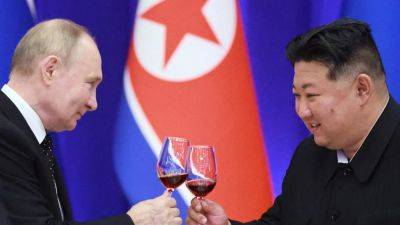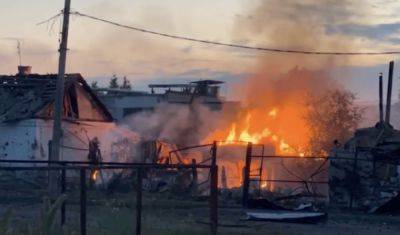Kursk invasion looks like WWII’s Battle of the Bulge
Some Weapons and Strategy readers say that there is a strong resemblance between the current Kursk battle and the Battle of the Bulge, which raged in December 1944 and January 1945. It is a topic worth exploring.
The Battle of the Bulge was an attempt by the Nazi forces to break the Allied advance into Germany. Hitler was facing two main allied forces: in the north, the British and Canadians; in the south, the Americans.
The Nazi war plan was to split the Allied armies and drive westward, hoping to capture Antwerp. Antwerp port was the main supply line for the Allied armies. Had the gamble been successful, the Allies would have been in a serious predicament and probably would have been open to making a deal with Hitler.
If the US and UK negotiated with Hitler, the Russians would have been left on their own. The Germans could have shifted their forces on the western front to defend Berlin.
Hitler was counting on splitting the US and UK from Russia, not only on the battlefield but ideologically. Hitler was on to something: After Yalta in February 1945 and Potsdam in July 1945, it was clear that the US (Roosevelt at Yalta, Truman at Potsdam) and the UK (Churchill at Yalta and Churchill and Clement Atlee at Potsdam) had to yield to Stalin, agreeing to Russia’s territorial ambitions in eastern Europe.
A year after, at Fulton, Missouri, US President Harry Truman hosted Winston Churchill, then out of power, at Westminster College. In that speech, popularly known as the Iron Curtain speech, Churchill said:
Had the Nazis been successful in the Battle of the Bulge, Churchill would never have given his speech. While the Cold War, as we understand it today, may have happened anyway, the dynamics and territories involved could







